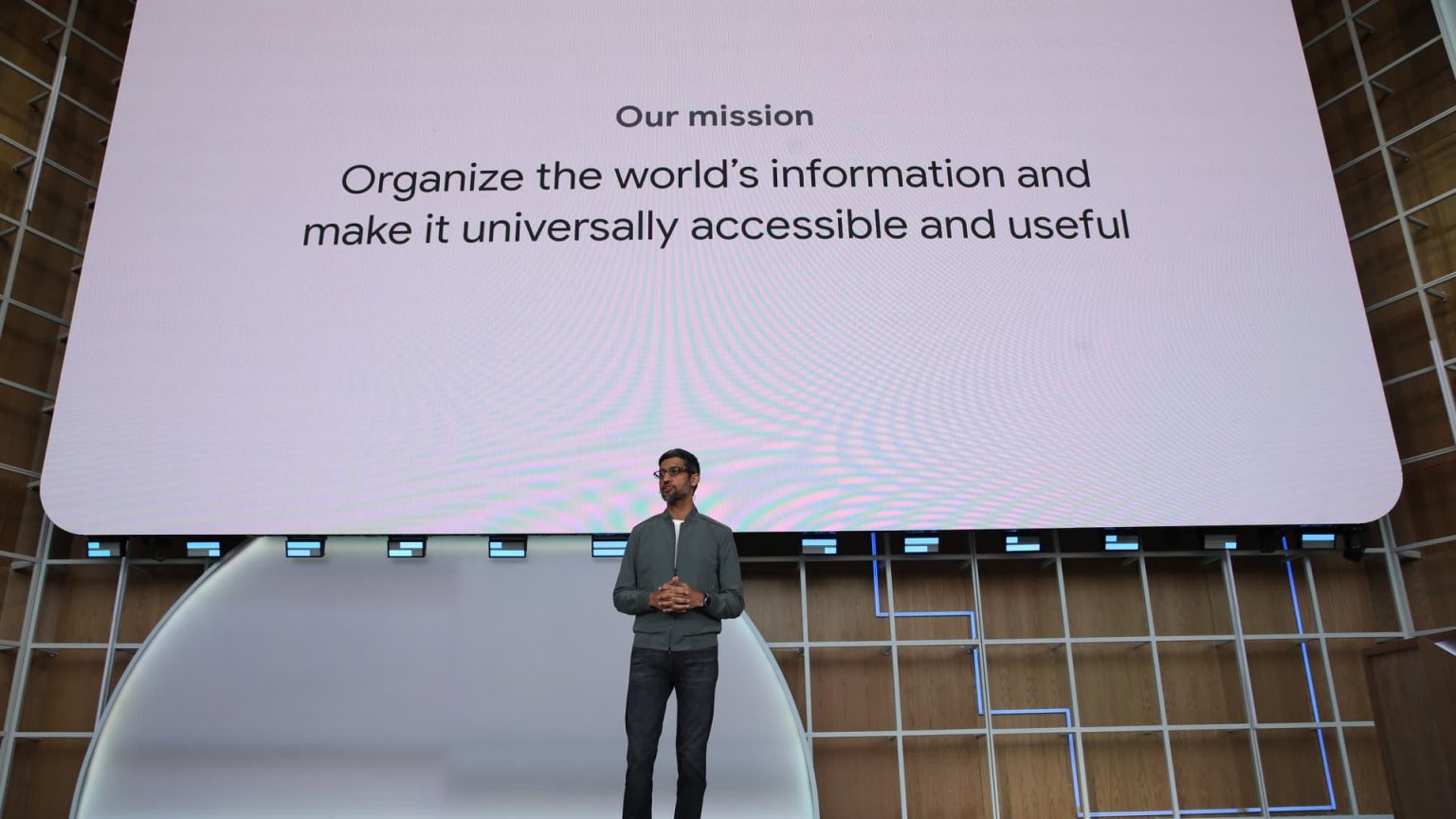The debut of the “AI Overview” feature in Google Search has faced criticism due to incorrect and nonsensical results being produced by the tool. Users have shared various examples of errors within the AI tool, leading to concerns about the accuracy of the information provided. The AI overview shows a summarized answer to search queries at the top of Google search results, but the responses have been found to be inaccurate and controversial in some cases. This has raised questions about the reliability of AI-generated content, and the lack of an opt-out option for users.
Companies like Google, Microsoft, and OpenAI are leading the charge in the generative AI arms race, with the goal of incorporating AI-powered chatbots and agents into various industries. The market for AI technology is predicted to grow to over $1 trillion in revenue within a decade, driving companies to invest heavily in AI capabilities. However, the recent issues with Google’s AI Overview feature highlight the challenges of ensuring accuracy and attribution in AI-generated content, particularly in areas such as medical information or scientific advice.
Examples of errors produced by the AI Overview feature include inaccurate responses to queries about the number of Muslim presidents in the U.S., recommendations for adding glue to pizza to prevent cheese from sticking, and misleading health advice regarding staring at the sun or eating rocks. Even simple queries, such as lists of fruits or basic math calculations, have resulted in incorrect responses from the AI tool. The lack of accurate information and attribution in AI-generated content can have far-reaching consequences, leading to confusion and potential harm to users seeking reliable information.
In response to the criticism of the AI Overview feature, Google stated that the majority of content provided by the tool is of high quality and includes links for users to explore further information on the web. The company emphasized that the tool underwent extensive testing before launch and that it is taking swift action to address any inaccuracies or doctored examples. Despite efforts to improve the AI Overview feature, concerns remain about the reliability and trustworthiness of AI-generated content, particularly in critical areas such as medical advice and historical accuracy.
Google faced similar challenges earlier in the year with the rollout of Gemini’s image-generation tool, which also produced inaccurate and questionable results. Users reported historical inaccuracies and misrepresentations in the images generated by the tool, raising concerns about the ethics and accuracy of AI models. Google’s response to the issues with the Gemini tool included a pause on image generation, with plans to relaunch an improved version in the future. The backlash against Google’s AI tools highlights the ongoing debate within the industry regarding ethics and accuracy in AI development.
The problems with Google’s AI tools have reignited discussions about the importance of ethical considerations and accuracy in AI development. The criticism of Google’s AI Overview and Gemini tools underscore the challenges of ensuring reliable and trustworthy AI-generated content. As companies continue to invest in AI technology and incorporate it into various products and services, it is crucial to address concerns about accuracy, attribution, and ethical implications. The ongoing debate within the AI industry highlights the need for continuous improvement and investment in ethical AI development practices to build trust with users and stakeholders.


